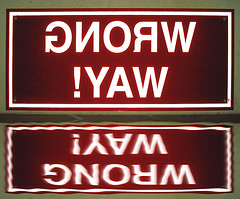How service providers deny users the right to counternotify for content removed by DMCA takedown notices
Is the DMCA the weapon of choice for Internet bullies?
The AP is going stop bloggers from pirating content (or quoting in fair use for legitimate reasons)
California AB 632 - misguided legislation would overburden social media and undermine user privacy
Google: Many Takedown Notices are Baloney
New Media Rights files comments supporting EFF's proposed exceptions to DMCA Anti-Circumvention 1201(a)(1) provisions
Pages
Learn about our legal services for: App Developers, Artists & Graphic Designers, Bloggers & Journalists, Clothing Designers, Entrepreneurs, E-commerce Business People & Startups, Filmmakers & YouTube creators, Public Broadcasting producers,Game Developers, Internet users & Smartphone users, Makers, Musicians, Non-Profits, Photographers, Scholars, Researchers, and Writers and Publishers.


 Internet bullies are taking matters into their own hands by trying to use the "safe harbor" provisions of the DMCA to wrongfully intimidate others. It is crucial for all Internet service providers, website operators, bloggers, etc. to fully understand the state of the law in order to avoid unneccesary harassment.
Internet bullies are taking matters into their own hands by trying to use the "safe harbor" provisions of the DMCA to wrongfully intimidate others. It is crucial for all Internet service providers, website operators, bloggers, etc. to fully understand the state of the law in order to avoid unneccesary harassment.





